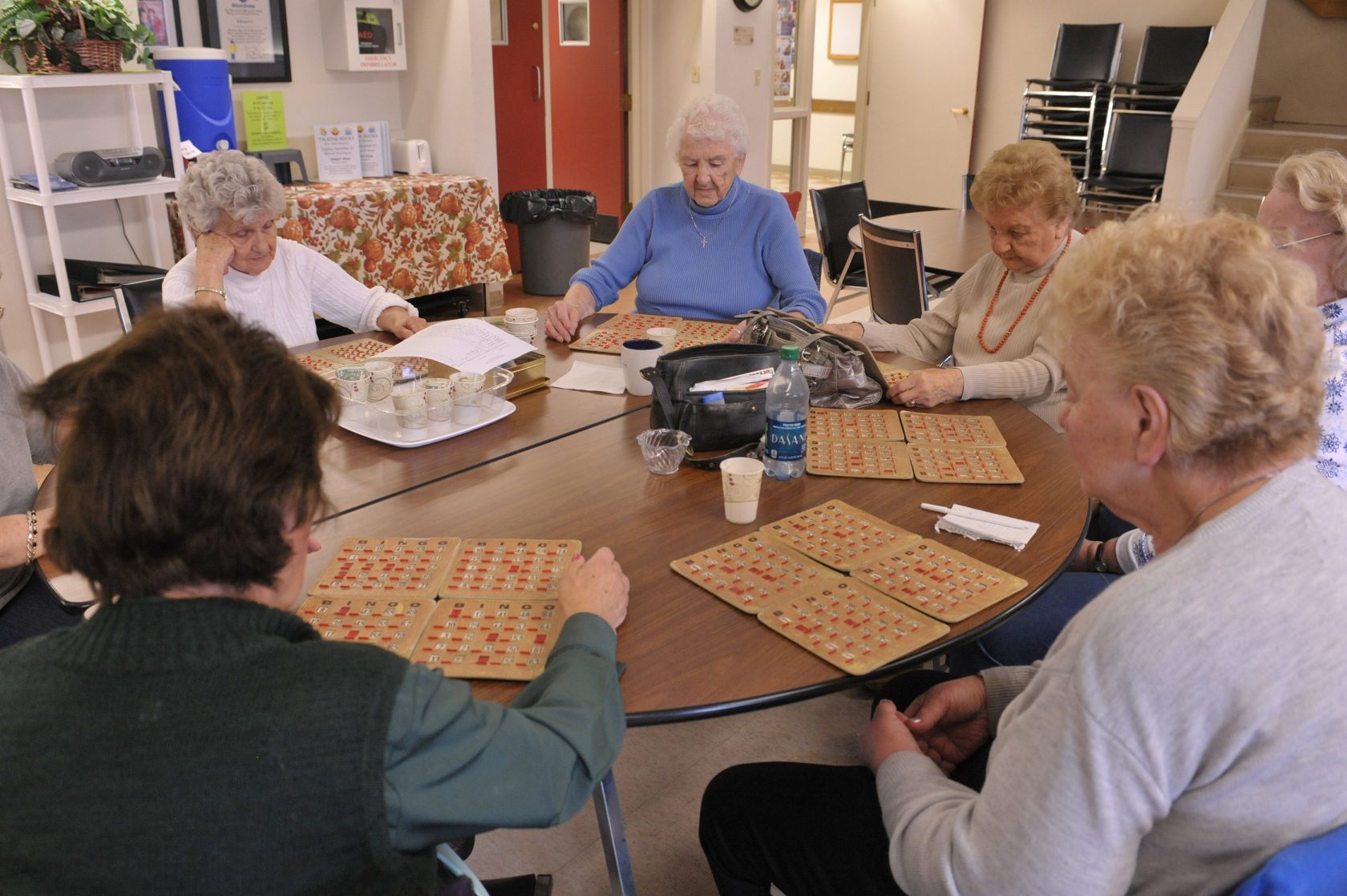WESTFIELD – Daylight Savings Time may have gained you more than just another hour of sleep, according to Dr. Benjamin Liptzin, chair of the Psychiatry Department at Baystate Medical Center in Springfield, who says that adjusting to the seasonal change may have adverse health effects if not managed properly.
“The adjustment in the fall tends to be a little bit easier than in the spring because you wind up waking earlier than you want to and you force yourself to go to sleep earlier,” said Dr. Liptzin. “But it is a disruption in someone’s routine.”
Liptzin said that the effect Daylight Savings Time has on the human body’s biological clock is mitigated when a person has a set sleep schedule.
“With Daylight Savings, people have to adjust and some people find that easier than others,” he said, adding some people may have issues falling and staying asleep during the night.
“At this time of year, (Daylight Savings Time) is a marker for the days getting shorter, there being less light and the weather getting colder. That means less time spent outside and that affects people’s moods and their energy,” he said.
Liptzin, who also serves as professor and deputy chair of the Department of Psychiatry at Tufts University School of Medicine, said some people suffer from a seasonal affective disorder or seasonal depression caused by these changes.
“People may be more likely to be irritable in relationships, having trouble concentrating at work. Sometimes when people get down they may smoke more or drink more alcohol then they should,” he said.
A demographic who suffer most during this time of year, senior citizens and the elderly are especially vulnerable due to the consequences of aging, especially the loss of mobility.
“Seniors have the additional problems of not just decreased light, but the cold. People worry about icy sidewalks and slipping, falling and breaking a hip,” Liptzin said. “Older people do tend to become more isolated in the colder months.”
To combat seasonal depression among seniors, Liptzin recommends finding interests and hobbies to keep the mind sharp, along with exercises in their home.
“We encourage seniors to be as active as possible,” he said, referencing programs put on at senior centers throughout the region.
Tina Gorman, executive director of Westfield’s Council on Aging, also mentions “sundowning” as a big issue within the elderly population living with dementia.
“It’s very common in people with Alzheimer’s disease,” said Gorman. “We see more behavioral problems in people with dementia when the sun goes down and of course with daylight savings time, it’s getting darker earlier.”
Gorman lists increased restlessness, agitation and confusion as symptoms of “sundowning.”
Regarding the number of programs and activities offered to seniors in an effort to keep them mentally active, Gorman has an extensive list.
“We have a book group, bingo on Fridays, we get visits from high school groups like the Key Club,” she said. “We’re big proponents of socialization here (at the Senior Center). For our regulars, this is their social circle – their friends are here.”
Gorman estimates there are between 20 and 30 seniors who are at the current Westfield Senior Center everyday, although the total number of seniors they serve fluctuates depending on the programming.
She also added that the center’s annual Christmas party will be held earlier this year.
“We try to run our programs and hold our parties in the morning to the afternoon. That way they’re home long before dark, when they worry most about driving,” she said.
Cindy Sullivan, executive director of the Southwick Senior Center, said that her seniors are able to mitigate the effects of sundowning in ways similar to Westfield.
“Our programming pretty much stays the same. We just try to encourage people in the wintertime to come in to the center,” she said. “When Daylight Savings Time happens, we tell them (seniors) to change their batteries and check their smoke detectors and keep them as busy as possible.”
Sullivan listed an extensive list of activities offered to the 40-50 seniors who visit the center.
“Every week, we do aerobics, line dancing, painting, tai chi, yoga,” she said. “We do bingo, poker players come in every week, a scrabble group.”
“The COA (Council On Aging) has our own van, so we’ll do trips,” Sullivan continued, adding that these trips range from simple outings at local restaurants to shopping and festivals. “On the 13th, they’re going to The Tavern to eat and then to a show at Westfield State. For a small community, we try to provide as much as we can for them so they get out of the house.”
For seniors, the decrease in warmth and daylight aren’t the only factors that make this time of year difficult, according to Sullivan.
“Depression can set in around the holidays. If they’ve lost a loved one, we try to be that family for them,” she said.




